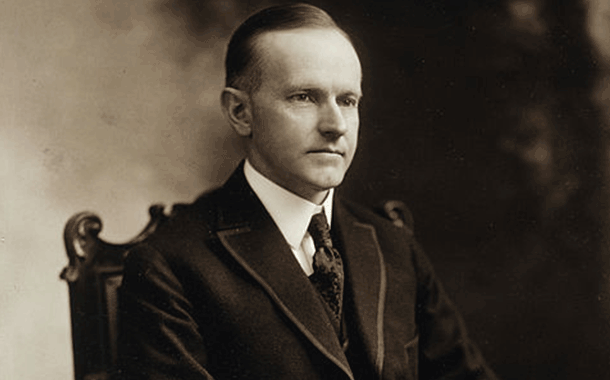<![CDATA[On the 9th September 1919 the Boston Police Force went on strike. The temporary absence of a professional law force plunged the city into chaos for several days, as looting, vandalism and gambling broke out. Although one of many strikes across the US in 1919, it revealed a great deal about the growing fear of Communism in the USA, and would be hugely significant for the history of trade unions in the United States. The strike started at 5:45pm, when 1,117 (72%) of the Boston Police Department's 1,544 personnel didn't report for duty. The underlying causes of the strike were fairly typical. Between 1913 and 1919 the cost of living in the United States had risen by 76%, while wages for police officers had only grown by an average of 18%. The starting wages for new officers had not risen in 60 years, since 1857. General working conditions for police personnel were some of the poorest in the country. Officers worked seven day weeks with only one day off every fortnight, during which they couldn't leave the city without permission, in case of an emergency. An officer's working week ranged from seventy two to ninety six hours, depending on their roster and rank. They could not even sleep in their own beds, but were required to stay in the police station between shifts. The stations themselves were another area of grievance, despite the extended amount of time the officers were expected to spend in them, many lacked adequate toilets, sanitation and even beds. The volatile situation reached a tipping point when Police Commissioner Edwin Curtis and State Governor Calvin Coolidge rejected the police forces attempts at unionization. Despite this the American Federation of Labour had set about creating unions within the police. Curtis refused to accept the rights of public workers to unionise, and on 20th August 1919 suspended eight of the union organisers, with a further eleven suspended several days later. Although Coolidge had set about making some concessions to the police's demands for better conditions and pay, the heavy handed refusal to allow a police union ultimately triggered the strike. To counteract the effect of the strike a police force was thrown together from local volunteers and Harvard University Students. These ultimately proved ineffective, and a wave of petty crime swept through the city. Street cars were vandalised, vendors had their carts over turned, and people began to gamble in public. As the wave of petty crime descended into full scale rioting, Governor Coolidge sent in 5,000 National Guard troops to restore order on the 10th September. The plan was successful, but by the end of the chaos nine people had been killed in the riots and the suppression of them. 1919 was a year of frequent strikes in the USA, as wage increases failed to match the rising cost of living throughout the job sector. The return of US service men from the First World War had saturated the job market and given greater power to employers. Over the course of the year one fifth of the country's work force would strike, including a general strike in Seattle for five days in February that closed all business in the city. The police strike was met with public uproar. The recent revolution in Russia had created a fear of a similar uprising in the US. The chaos in Boston, and the shock of one of the nation's police forces striking, triggered anger throughout the country with the Wall Street Journal claiming 'Lenin and Trotsky are on their way'. The union movement as a whole lost support, as it became associated with lawlessness, rioting and Russian Communism. Coolidge's firm treatment of the strikes set the tone for the next few years. The strikers were not allowed to return to their jobs, and the police force was gradually replaced, largely with veterans from the war. Conditions and pay improved for the police, but the message that unions would not be tolerated in the public sector was clear. The fact that Coolidge would go on to be elected president just a few years after the strike, says a great deal about the shift in public opinion. Fear of Communism and lawlessness had greatly damaged the image of trade unions, and boosted the support for strong handed politicians.]]>
The Boston Police Strike
